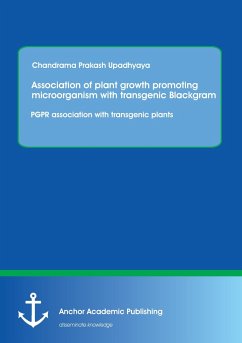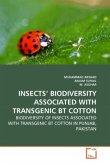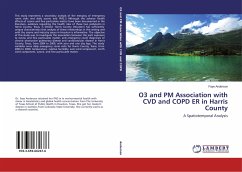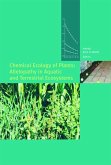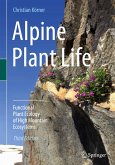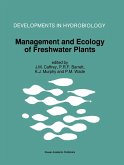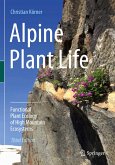It was emphasized to engineering abiotic stress tolerance in blackgram by overexpression of the glyoxalase I gene isolated from Brassica juncea under a most widely used CaMV 35S promoter. We have demonstrated for the first the applicability of the glyoxalase system in imparting abiotic stress tolerance in a crop legume Vigna mungo. The transgenic lines were confirmed for gene insertion using different molecular techniques. The expression pattern of the inserted gene/s confirmed the expression and activity of the gene in the all transgenic lines studied up to T2 generations. The in vitro raised plants are usually sensitive to hardening process as well as transplantation. In case of blackgram, the survival rate during hardening and the transplantation was ca. 65-70%. To improve the percentage survival of plants, plant growth promoting Rhizobium and Arbuscular Mycorrhizal fungi were applied during the hardening and transplantation. This resulted in overall survival rate of plants upto 90% in both the transgenics as well as the untransformed control plants. Effect of Rhizobium and Mycorrhiza on transgenic as well as the untransformed control plants was studied. We reported for the first time that the transgenic nature of the plant does not affect association of the plant growth promoting Rhizobacteria or Mycorrhiza. Alleviates transplantation shock of in vitro grown Vigna mungo plants was also observed.

